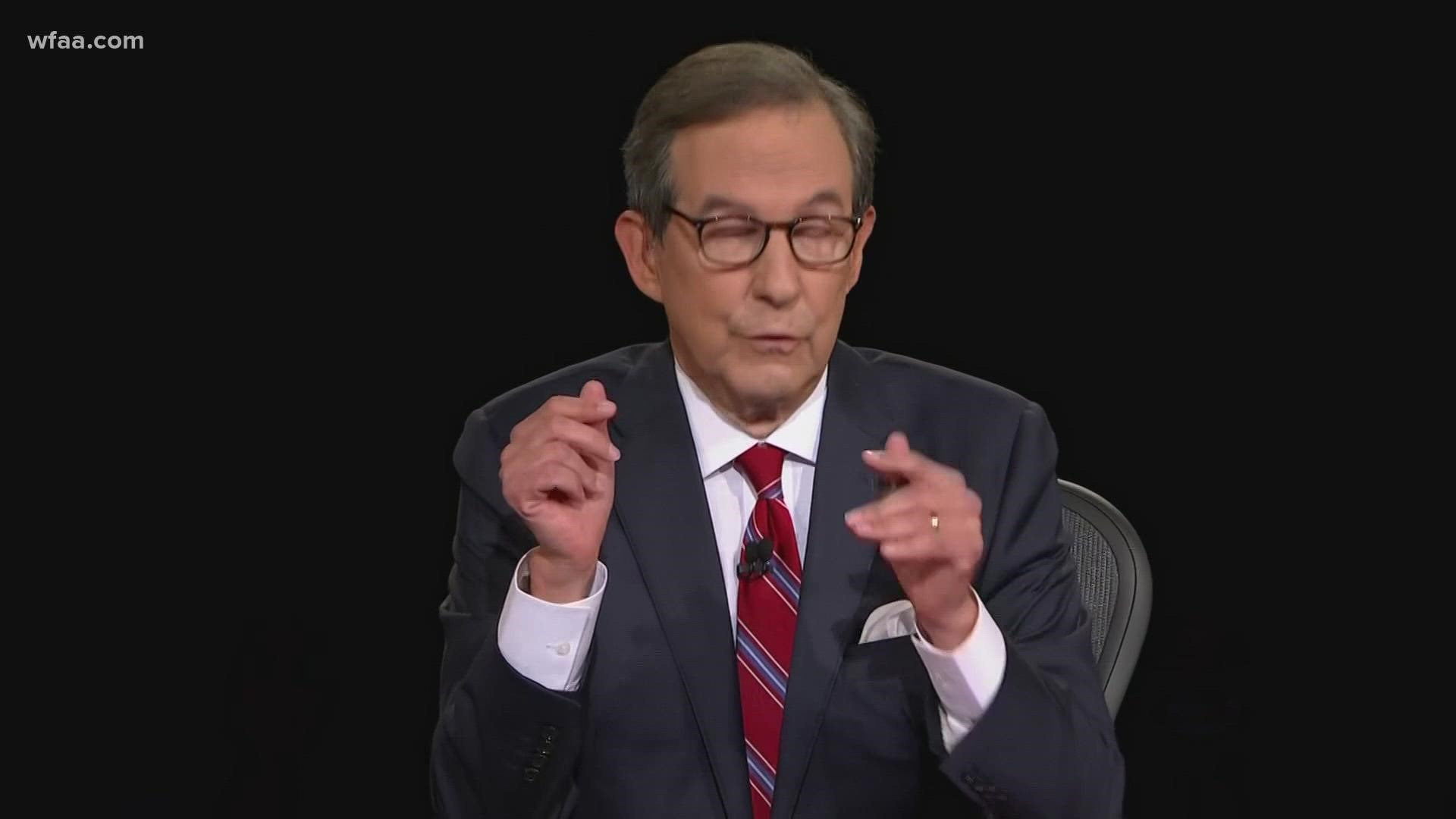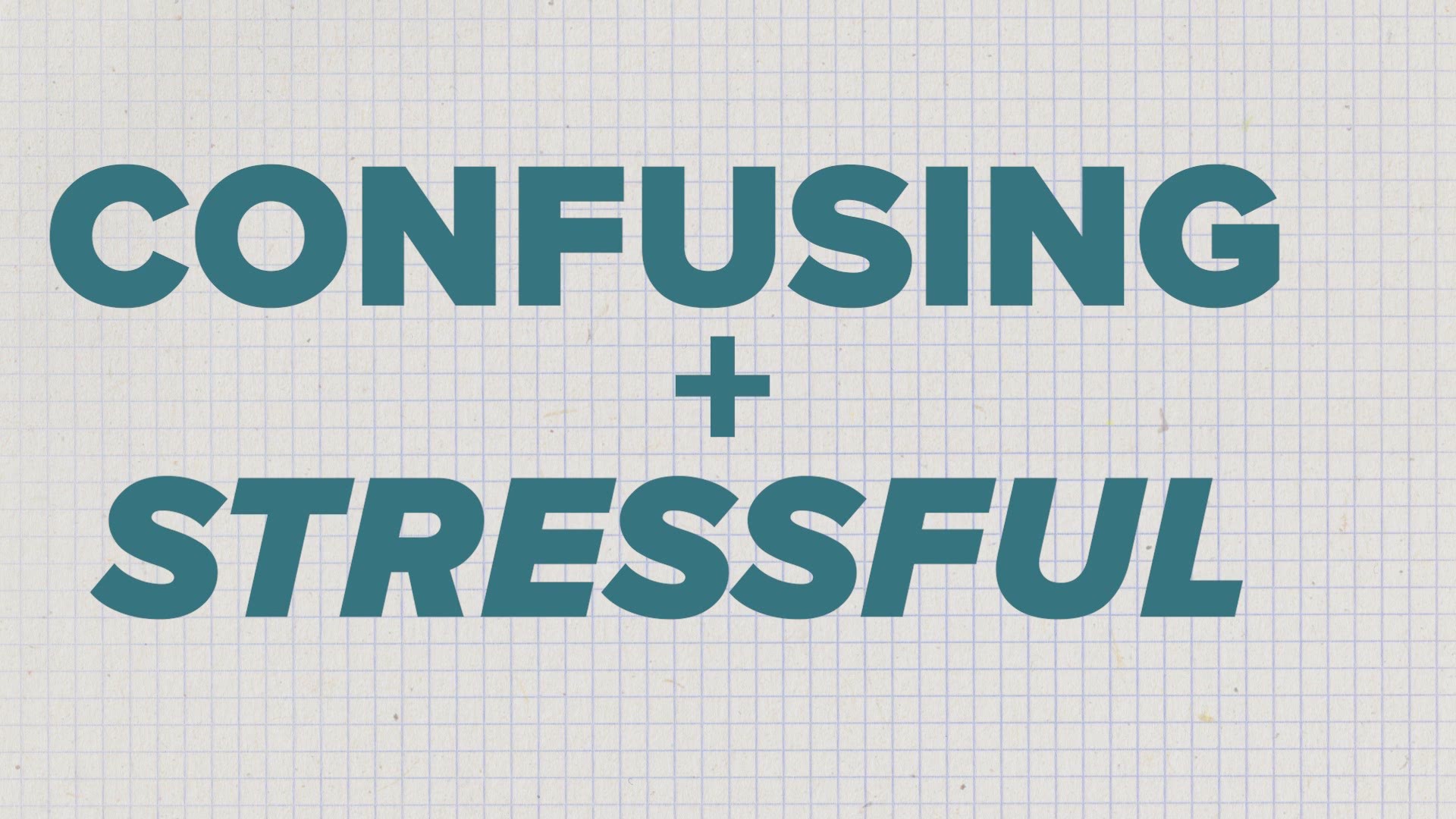Americans watching Tuesday's presidential debate between President Donald Trump and Joe Biden may have been introduced to a term they haven't heard before in regards to the economic downturn during the coronavirus pandemic: A K-shaped recovery.
"President Trump, you say we are in a V-shaped recovery. Vice President Biden, you say it's more of a K-shape. What difference does that mean to the American people in terms of the economy," moderator Chris Wallace asked.
But what is a K-shaped recovery? It's important to note the other types of letter-shaped recoveries and their meanings. Keep in mind that none of these references are official, according to Fast Company. They are terms economists often use.
A V-shape is just like it looks: a rapid decline followed by a rapid bounce back to what it was when the problem started.
A U-shape means the decline bottoms out and stays there a while before coming back.
A W-shape can also be referred to as a double-dip recession, according to Fast Company. This could happen in a second coronavirus wave: There's a rapid decline, a rapid return, and then repeats in a second wave.
An L-shape means a steep drop with no recovery for an extended period of time, perhaps years.
A J-shape reportedly means that not only is there a recovery, but it goes up so much that it exceeds pre-recession levels.
But a K-shape means some facets of the economy have recovered (the upward spike of the K) while others have not (the downward spike). It's notable that while much of the stock market has recovered since the start of the pandemic, millions of people remain unemployed.
In a Sept. 3 blog post, U.S. Chamber of Commerce President Suzanne Clark suggested that tech companies and parts of the retail industry will thrive. But she says the travel, entertainment, leisure, hospitality and foodservice industries may not bounce back so quickly.
"The uneven recovery is even cutting across some sectors, which explains why some retailers are setting records while others are facing liquidation. Small businesses across industries are facing similar challenges," Clark said.
She added that nearly all the jobs lost in the financial services sector have been recovered, but only 74% of the people in the leisure and entertainment industries have gotten their jobs back.
"The layoffs have come hardest and fastest for those least able to survive prolonged joblessness, creating a cascade of setbacks from which it will be very hard to recover," Clark said.


